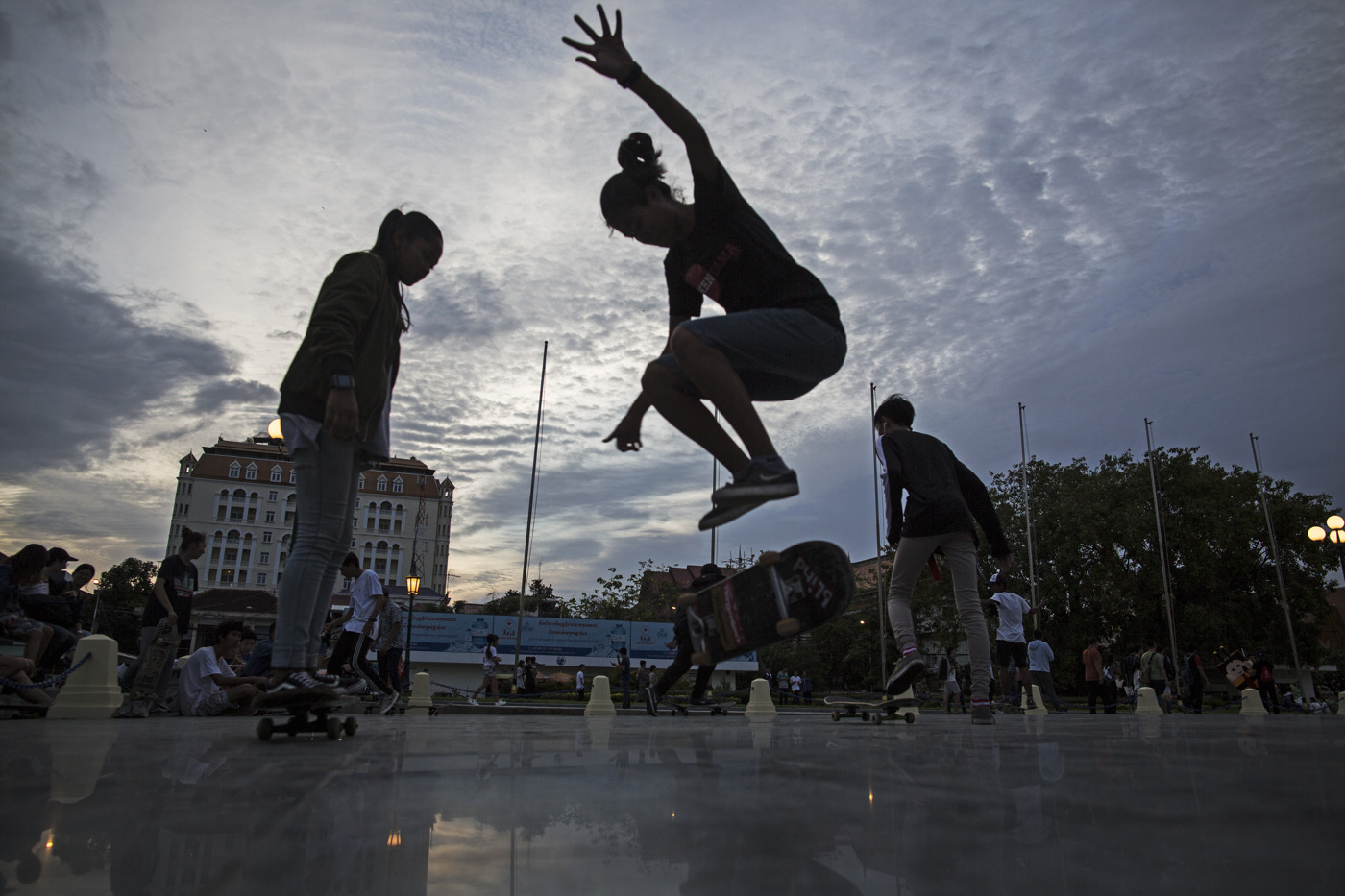TARA TODRAS-WHITEHILL, FINALIST OF THE SEPTEMBER 2017 EDITION
Please scroll down to see the statement and images of Tara's Project
Tara Todras-Whitehill is a documentary photographer who has been living in the Middle East for over 10 years. She was a staff photographer for the Associated Press and is a founder of Vignette Interactive, a multimedia production company. She is also represented by Polaris Images. She has worked for clients such as UNICEF, Vanity Fair, NY Times, Glamour, the Abu Dhabi government, and the IRC, among others. Her passion is women's issues - trying to portray strong women changing the world around them.
Project Statement, Reproductive Rights
Abortion has been legal in Nepal for over 15 years, but a study released by Nepal’s Center for Research on Environment Health and Population Activities (CREHPA) earlier this year concluded that over half of women are still getting illegal or unsafe abortions. In part because of this new data, I decided to apply for a European Journalism Centre grant to help document the stories, using text and photos, of the women behind the statistics. Over the course of two weeks, a Nepali journalist, Rojita Adhikari and I, conducted hour-long interviews with more than 20 women. When I arrived in Nepal in July, I learned a surprising fact — all abortion services that are provided by the government have been free since January. I also soon discovered that many women hadn’t heard about the new program, including Rojita, who worked with me on this project and specializes in reporting on gender issues. This lack of knowledge, which was especially persistent in rural communities, was a glaring example of the many issues surrounding Nepali women’s access to legal and safe abortions. It has gotten more difficult to address these issues since January 2017, when, in one of his first executive orders after taking office, US President Donald Trump reinstated the Mexico City Policy , known in activist circles as the Global Gag Rule. The policy received this nickname because it stops US-funded foreign NGOs from talking about or providing any services related to abortion worldwide. Additionally, Trump has expanded the policy beyond family planning to include almost all health sectors from HIV/AIDS to nutrition, among others. For countries that receive US assistance, past incarnations of this policy have had detrimental consequences , such as the closure of clinics and cutbacks for reproductive rights programs. Even without the added restrictions of the Mexico City Policy, globally, abortion is a complicated topic . In Nepal, where the procedure has been legal for over a decade, women still face many issues, such as stigma related to abortion, trouble getting medicine at authorized clinics, distrust of governmental hospitals, or even just difficulty understanding what options are available to them. The stories of the women in my photo project highlight the fact that, although Nepali women might have access to legal abortion, they still don’t have full, safe reproductive rights. In order for legislative action to be effective, local governments and NGOs must make a prolonged and concerted effort to combat the problems around this issue. Without the devotion of time and energy, laws and free services go unheard, unread, and unused.





















